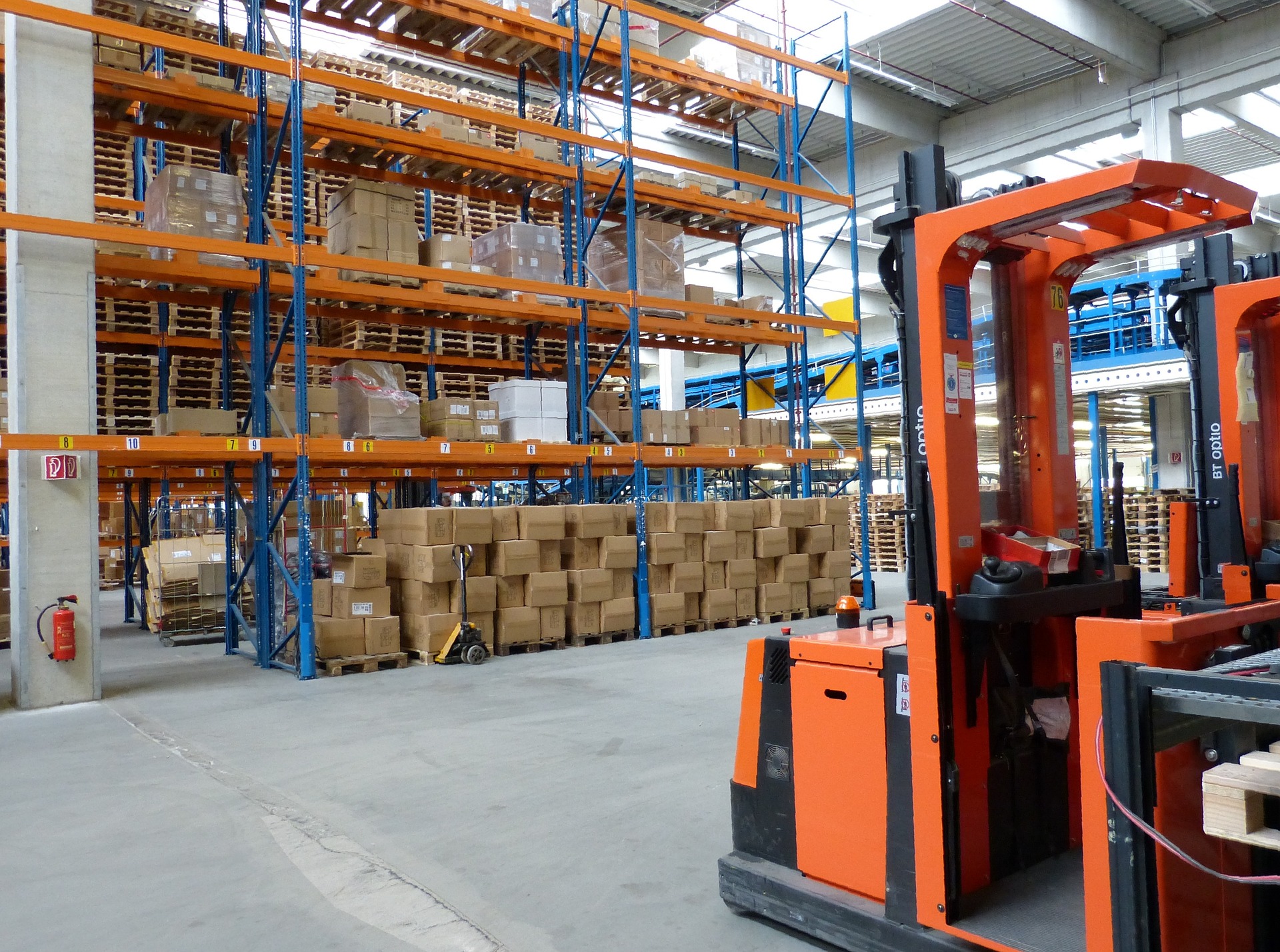Exploring Warehouse Careers: Vital Roles in Modern Supply Chains
Discover the diverse world of warehouse careers, where physical prowess meets cutting-edge technology. From entry-level positions to management roles, the logistics sector offers stable employment and growth opportunities. Explore how these essential jobs fuel today's complex distribution networks and learn about the skills, qualifications, and potential career paths in this dynamic field.
Essential Abilities and Credentials for Warehouse Professionals
While most ground-level warehouse positions typically require a high school diploma and basic physical fitness, more advanced roles may necessitate specific certifications. These can include forklift operation licenses or credentials in logistics management. Regardless of the position, crucial skills encompass meticulous attention to detail, fundamental mathematical aptitude, and strict adherence to safety guidelines. As warehouses increasingly adopt digital systems, technological literacy is becoming a valuable asset across all roles.
Earnings and Perks in the Warehousing Sector
Warehouse employees generally receive competitive wages, with opportunities for increased earnings through overtime and shift differentials. While entry-level positions often start around the minimum wage, experienced workers and specialists can command significantly higher salaries.
It’s important to note that the following salary ranges are approximate and may vary based on factors such as location, company size, and individual experience:
- Entry-level positions: $28,000 to $38,000 annually
- Skilled workers: $35,000 to $55,000 annually
- Supervisory roles: $45,000 to $70,000 annually
- Management positions: $60,000 to $100,000+ annually
Please be aware that these figures are estimates and subject to change. It’s advisable to conduct thorough research and consult current job listings for the most accurate and up-to-date salary information in your area.
Professional Advancement in Distribution Centers
The logistics industry offers well-defined paths for career progression. Entry-level employees have the opportunity to climb the ranks, potentially advancing to team lead positions, supervisory roles, and eventually management positions. Many companies in this sector prioritize internal growth, offering training programs and supporting professional development initiatives. This emphasis on career advancement makes warehousing an attractive long-term career option for many individuals.
The Technological Revolution in Warehouse Operations
Contemporary warehouses are increasingly reliant on sophisticated technology. Today’s warehouse workers regularly interact with advanced inventory management systems, automated picking solutions, and even robotics. This technological integration not only streamlines operations but also creates opportunities for workers to develop valuable technical skills. The result is a unique blend of traditional physical labor and modern technological proficiency, making warehouse work both challenging and rewarding in today’s job market.
The Evolving Landscape of Warehouse Employment
As consumer demands shift and technology continues to advance, the warehouse sector is in a constant state of evolution. For those seeking stable employment with genuine potential for growth, warehouse jobs offer accessible entry points into the broader logistics industry. The combination of physical work, technical skills, and increasing automation creates a dynamic work environment that can be both personally and professionally fulfilling.
In conclusion, the warehouse industry continues to play a crucial role in our modern economy, offering a wide range of career opportunities for individuals with diverse skills and aspirations. As the sector adapts to new technologies and changing market demands, it remains a fertile ground for those looking to build a stable and potentially lucrative career in logistics and supply chain management.







